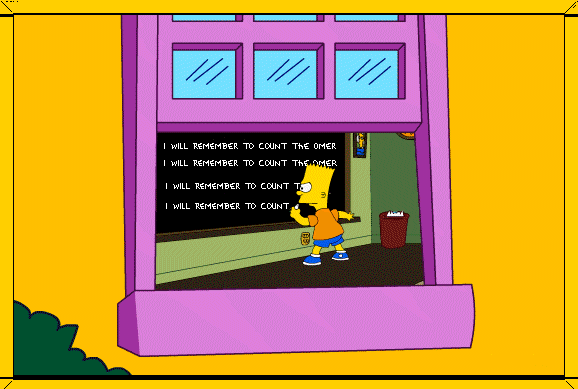This morning I was walking to work from the subway station, nose stuck in a book as usual. We are the People of the Book, after all; and I follow J.K. Rowling's advice that, any time you're not doing anything else, you should read. I didn't stop until I reached the I HEART N.Y. gift shop on the ground floor of our office building, and then I looked up from the page, saw a kid, and froze. Half of my body wanted to throw up, and the other half wanted to cry.
Sorry -- it's a really emotional week. But let me explain:

That book was Almost Dead, the novel written by our recent Authors' Blog correspondent Assaf Gavron {read his posts here}. It's a book about an Israeli tech geek who lives through several suicide bombings. All the reviews so far have been describing it as a comedy -- and it is funny, you should be warned -- but more than that, it's a real fast-moving, cerebral jaunt through the mind of an average Israeli.
And Eitan Enoch is an average Israeli. He's a chilled-out guy who has his normal routine, taking the Little No. 5 maxi-taxi to work every day in Tel Aviv, working at a time management company, living with his ex-fiancee Duchi (which is a common-enough Israeli nickname, but only occurs to me now that it wouldn't be an out-of-place name on Jersey Shore). When he stumbles into celebrity as a result of his bizarre survival talent, the press demands that Enoch feel angry, or grateful, or demand revenge on the Palestinian population. He does none of them -- he's just more than a bit perplexed, and, as he says on the country's most popular TV show, he doesn't really hate anyone.
Enoch's reactions to the bombs -- and to his bizarre survival skills -- are funny, embarrassing, honest, and real. It's not the gruff caricature of the Israeli (although there is plenty of that, too, especially in his relationship with Duchi). More than any other attempt I've seen, Gavron gets to the heart of the Israeli attitude about Palestinians, and about living in a country where going out to dinner is as dangerous as walking into a combat zone, and doesn't reduce it to an equation of settlers and refugees. Israel is a place where peace is a very fragile and very carefully-constructed illusion, and Gavron depicts both parts with spine-shivering accuracy: both the world behind it and the illusion itself.
So that's what I was thinking about when I was reading this morning. And then, standing outside the T-shirt store, I spotted a boy, maybe six years old, with a vivid shock of red hair. And he looked exactly like the boy in M.I.A.'s new video -- which, if you haven't heard, is the controversy of the moment, depicting red-haired men and boys being rounded up by the U.S. military, taken into the desert, and brutally shot. Starting with the six-year-old boy.
I don't know what to think. Is the world around us getting more violent because our books and movies are? Or are our books and movies getting more violent because the world around us is? Dammit, most of the books that I feel compelled to run up to everyone I know and shake them by the shoulders and shout, "READ THIS!" are books that make me feel good. Almost Dead is definitely not a book that makes me feel good. But it's still a book that I think nearly everyone I know can benefit from reading -- so that's my recommendation.


















